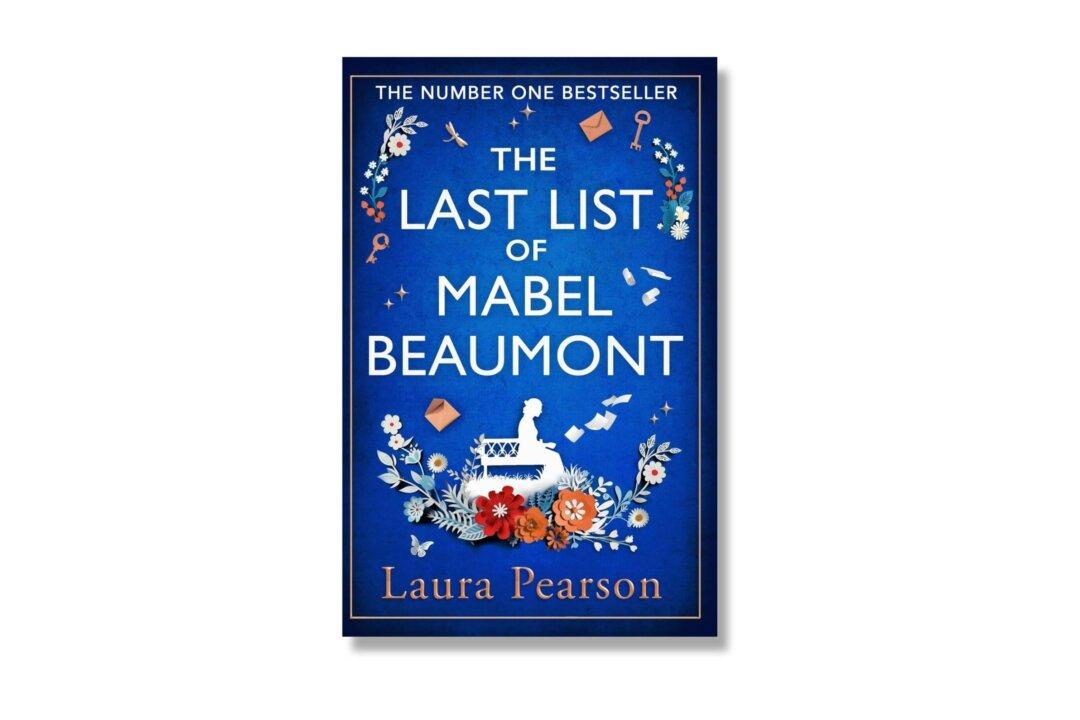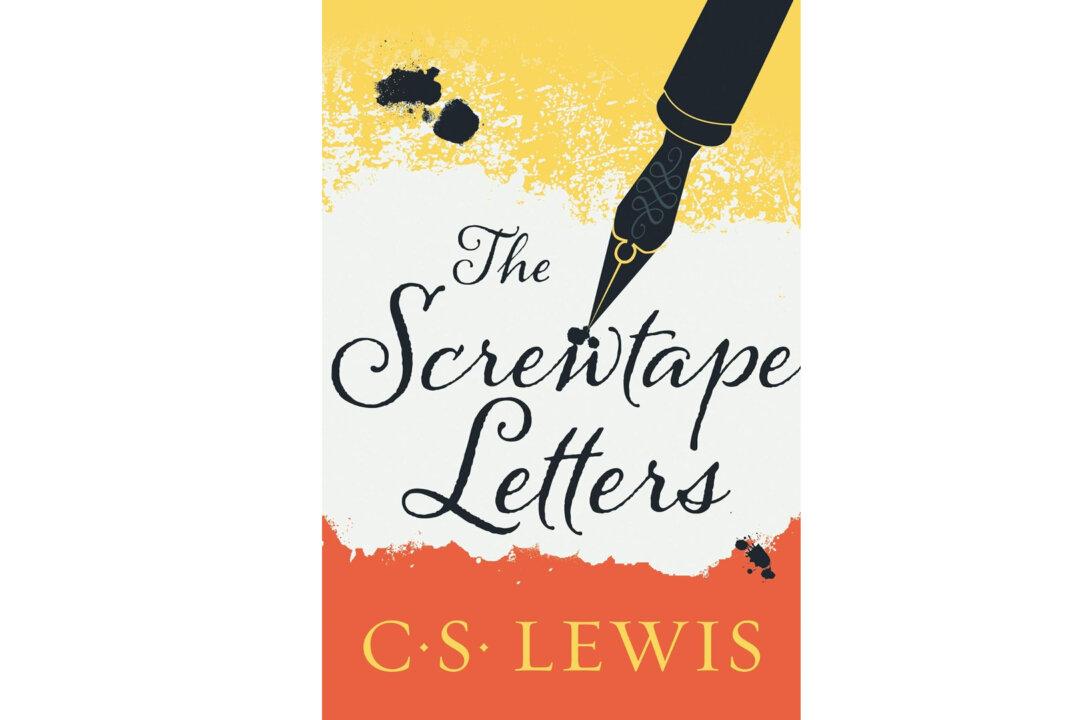A woman decides to fulfill her late husband’s mysterious to-do list item, discovering the power of friendship and the memories that shaped her along the way, in Laura Pearson’s “The Last List of Mabel Beaumont.” The story follows Mabel Beaumont, a widow tasked with a seemingly simple yet unexpectedly complex mission given to her by her late husband, Arthur: to “Find D.”
Arthur was a man who found solace and self-expression in the creation of lists. Even when deciding to adopt their dog, Olly, Arthur’s method of decision was to put all the pros and cons onto a list. At first, Arthur’s note seems a serendipitous or random occurrence: Mabel finds the scrap of paper on the floor by the dining table while she wanders in a daze of grief. The note is confusing. Was it meant for her to find? Was it a reminder Arthur made for himself, one of many tasks forever to be left undone?





